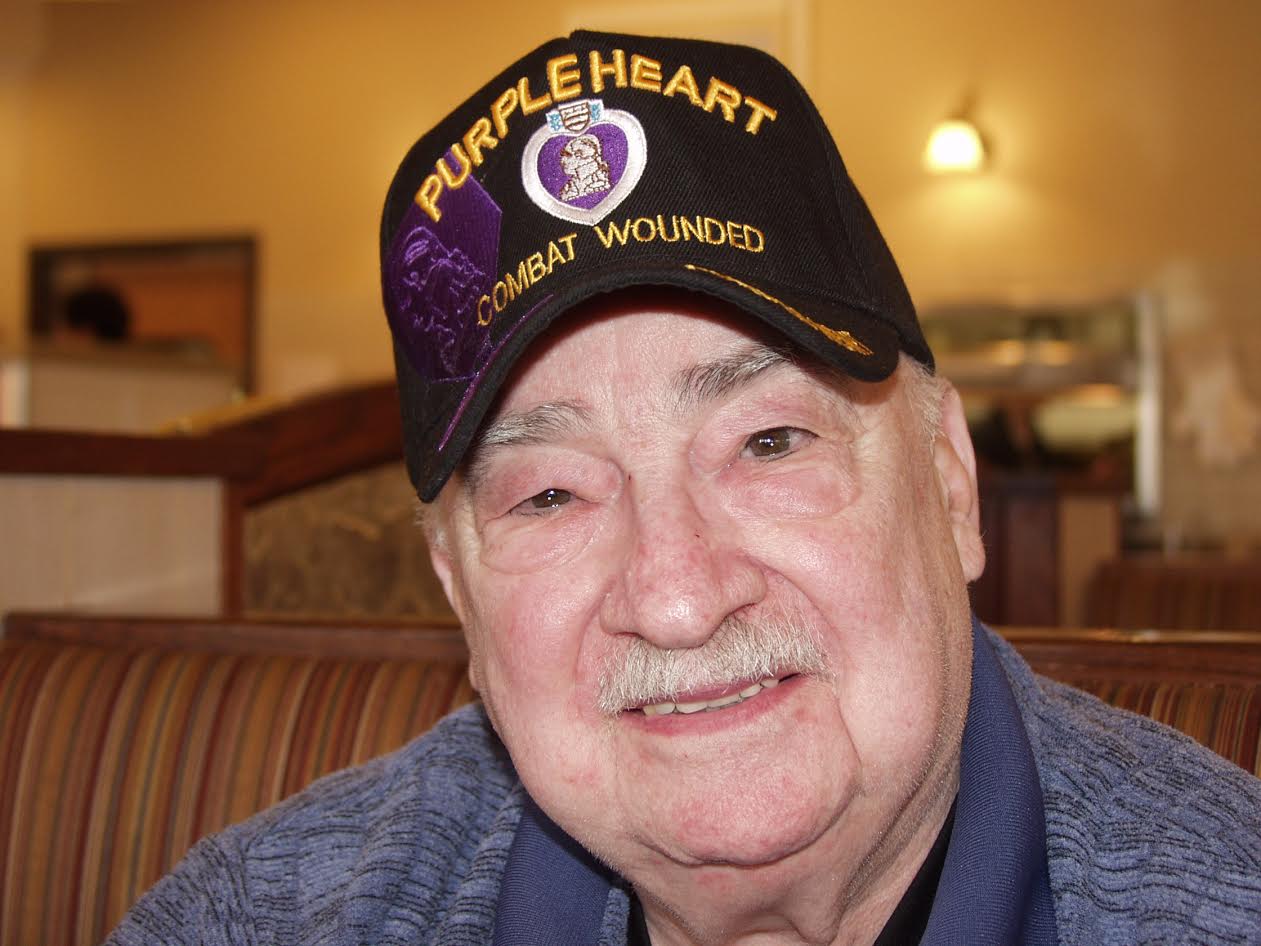Retired Army Chaplain Urges Restorative Help for Veterans’ Moral Injury
 Chaplain (Col.) Herman Keizer, Jr.: “As long as it stays isolated and compartmentalized, it will remain unresolved.”
Herman Keizer, Jr. still remembers the intense pain coursing through him after falling out of the open door of a Huey helicopter nearly 47 years ago while he was serving as a U.S. Army chaplain in An Khe, Vietnam. The aircraft had lost its tail rotor, forcing Keizer to tumble 150 feet to the ground, breaking both arms.
Chaplain (Col.) Herman Keizer, Jr.: “As long as it stays isolated and compartmentalized, it will remain unresolved.”
Herman Keizer, Jr. still remembers the intense pain coursing through him after falling out of the open door of a Huey helicopter nearly 47 years ago while he was serving as a U.S. Army chaplain in An Khe, Vietnam. The aircraft had lost its tail rotor, forcing Keizer to tumble 150 feet to the ground, breaking both arms.Despite the bad breaks, he eventually he healed and regained the use of his limbs.
But healing isn't as obvious for active duty soldiers and veterans grappling with the destructive consequences of moral injury, a term that's not as well trod as post traumatic stress disorder but just as problematic.
Left unsolved, anger against God and others can do a slow simmer that can hamper a person's ability to cope in civilian life, all the more common in an all volunteer armed forces that increasingly relies on citizen soldiers, said Keizer.
What is moral injury?
Veteran's Administration mental health professionals and other psychologists coined the term moral injury to describe the caustic cost of soldiers witnessing, perpetrating or failing to prevent acts that violate their deeply held moral beliefs. It emphasizes the psychological, cultural and spiritual aspects of trauma.
And that is why at age 78, Keizer is still working to help service people and veterans heal.
"Moral injury is coming to grips with what you did, what you observed and what you didn't report, all those kinds of things," said Keizer, who served as a chaplain in the U.S. Army for 34 years, starting in 1968.
Keizer's vita
Keizer's lengthy service record includes service in Vietnam with the First Infantry Division and the Fourth Infantry Division. He was wounded twice in a rocket attack on a firebase in Cambodia and when he fell out of the helicopter. His many awards and decorations include the Purple Heart.
He also is the retired director of chaplaincy ministries for the Christian Reformed Church in North America and was chair of the National Conference on Ministry to the Armed Forces, the largest chaplaincy organization in the United States.
He also was guest host of the Truth Commission on Conscience In War, a coalition of more than 60 religious, academic, advocacy and veterans groups that urged religious leaders to do a better job of educating communities about the criteria governing the moral conduct of war and the needs of veterans and their families. It also called for revisions to current U.S. military regulations to allow service members the right of conscientious objection to a particular war as well as to all wars.
Vietnam War brought moral injury to foreground
Moral injury especially came to the fore following the Vietnam War, according to Keizer, and continued with the Persian Gulf War, Bosnia, and wars in Iraq and Afghanistan that shred soldiers' consciences.
Too often veterans returning to civilian life are able to find people who understand what is rumbling inside of them, said Keizer. The problem with moral injury is it's compounded because many of the more recent wars relied on reserve units who re-enlisted for multiple deployments, which increased the number of times they encountered horrific scenes.
Help for moral injury
While there are no easy answers, Keizer said a healing balm for moral injury is possible. They include:
• Find a community willing to support veterans who can acknowledge without being judgmental they've been through some terrible stuff.
"Healing is a slow process," said Keizer. "I can't forgive myself apart from a community. I have to have some kind of community that actually sees and knows what I did and is still wiling to accept me because if they're willing to accept me, it's easier for me to accept myself. We're created to be communal people."
• If permissible, hug them.
• Active duty military personnel should consider seeking out a chaplain, Keizer advises.
"The only person they could talk safely to was with a chaplain," said Keizer. "If they went to the mental hygiene folks to talk about some things, they run the risk of losing their security clearance, losing their jobs because the mental hygiene folks had to report it, whereas with the chaplains the web of privileged communication is stronger than anywhere else."
• Churches can help.
"I recommend they harness their veterans who have been at war," said Keizer. "It's important the way you listen and what you hear and how does that effect you? Do you become judgmental?
"They need to let them acknowledge something happen to this person that will affect him or her for the rest of their lives. They're not going to be able to undo it but in order for (service people and veterans) to continue to be freer from that existence, they need to acknowledge this is what they did, they know they won't do it again and integrate it into their experience. Because as long as it stays isolated and compartmentalized, it will remain unresolved."
CONNECT
https://www.facebook.com/Conscience.In.War/

